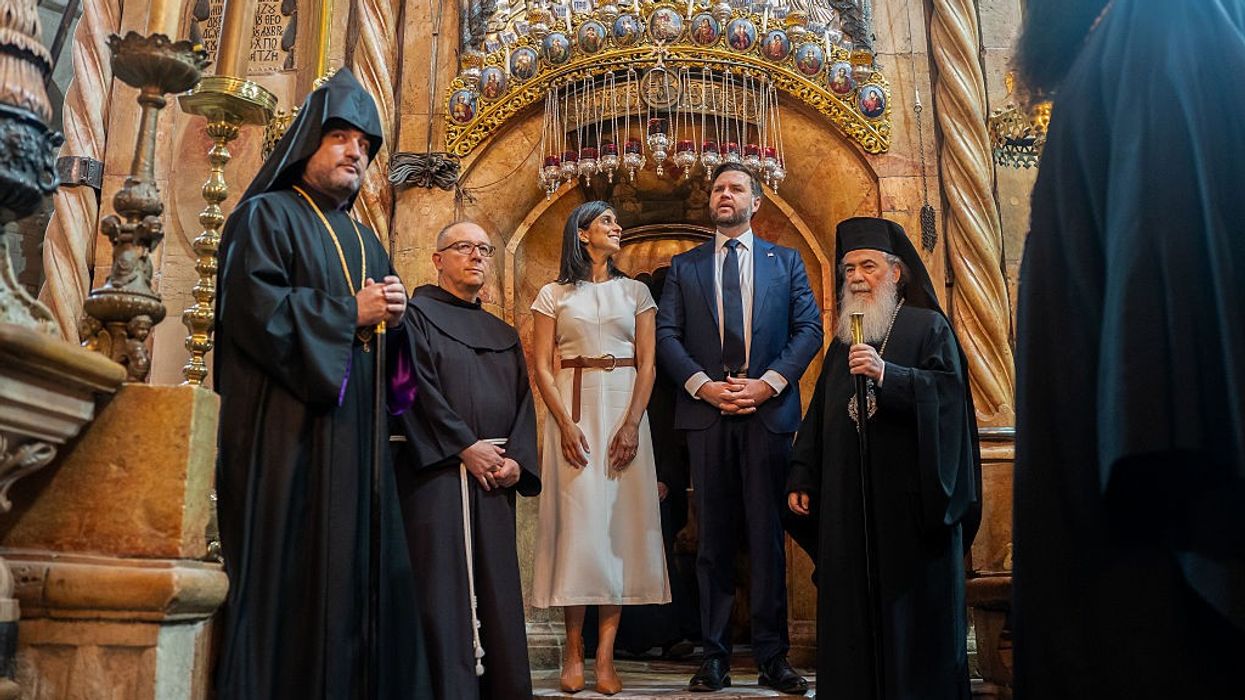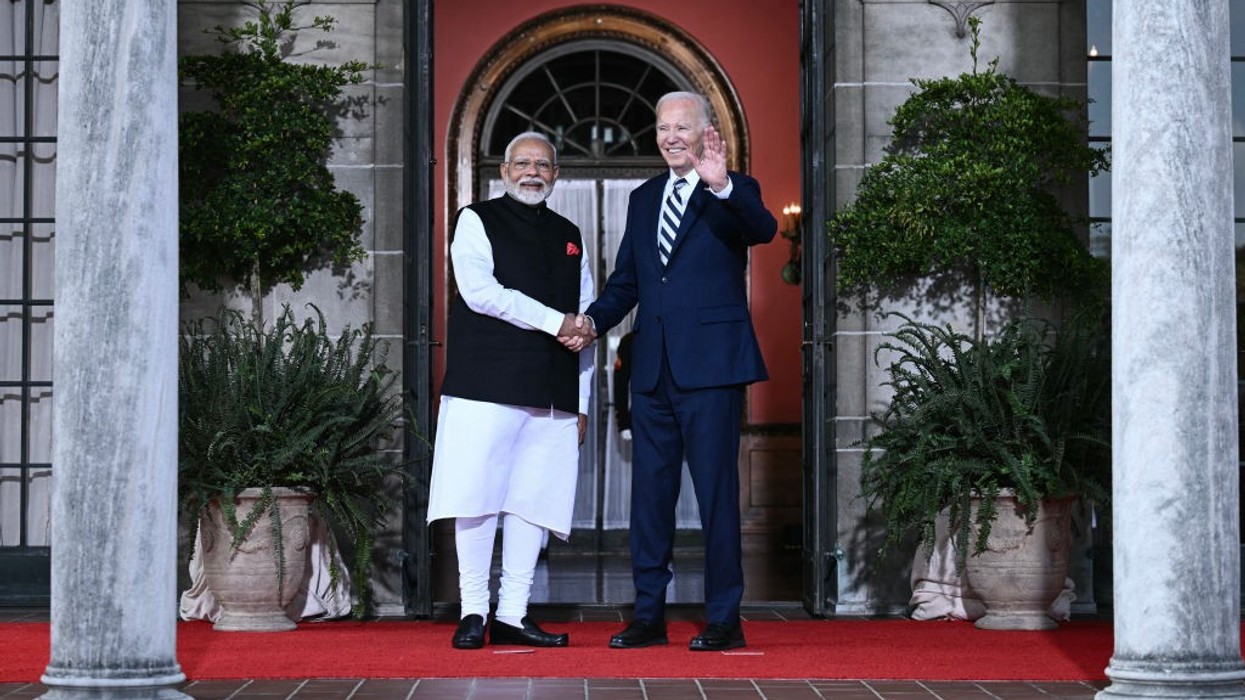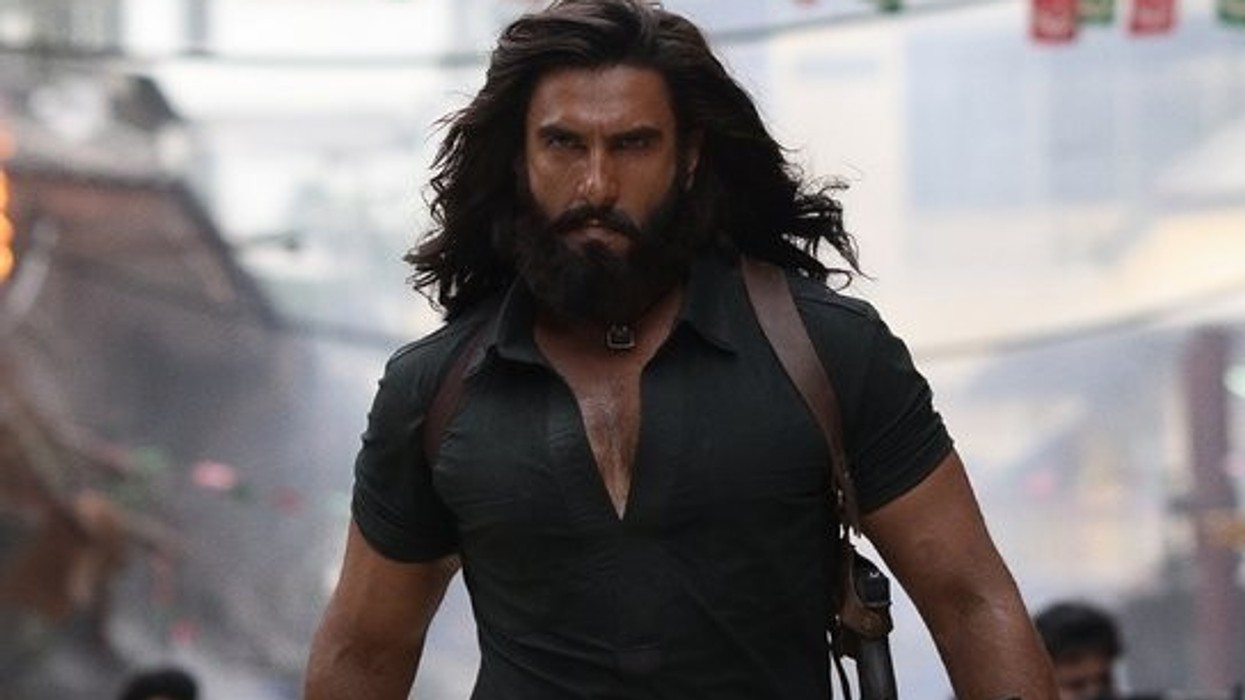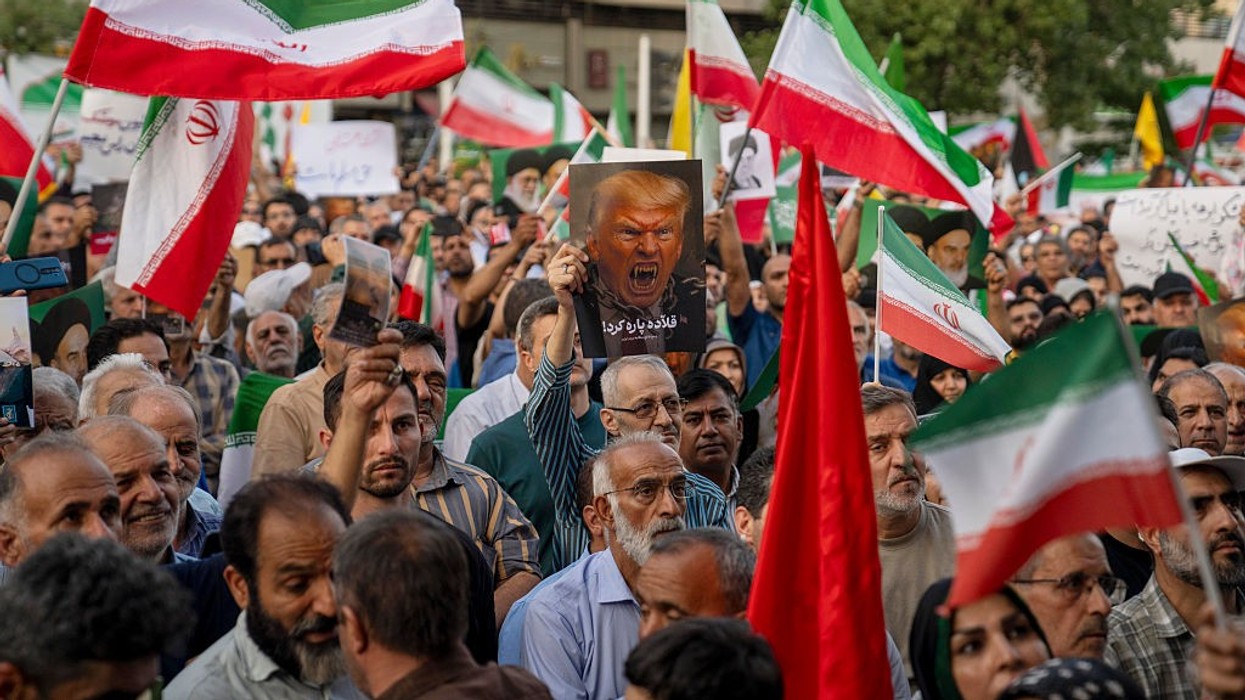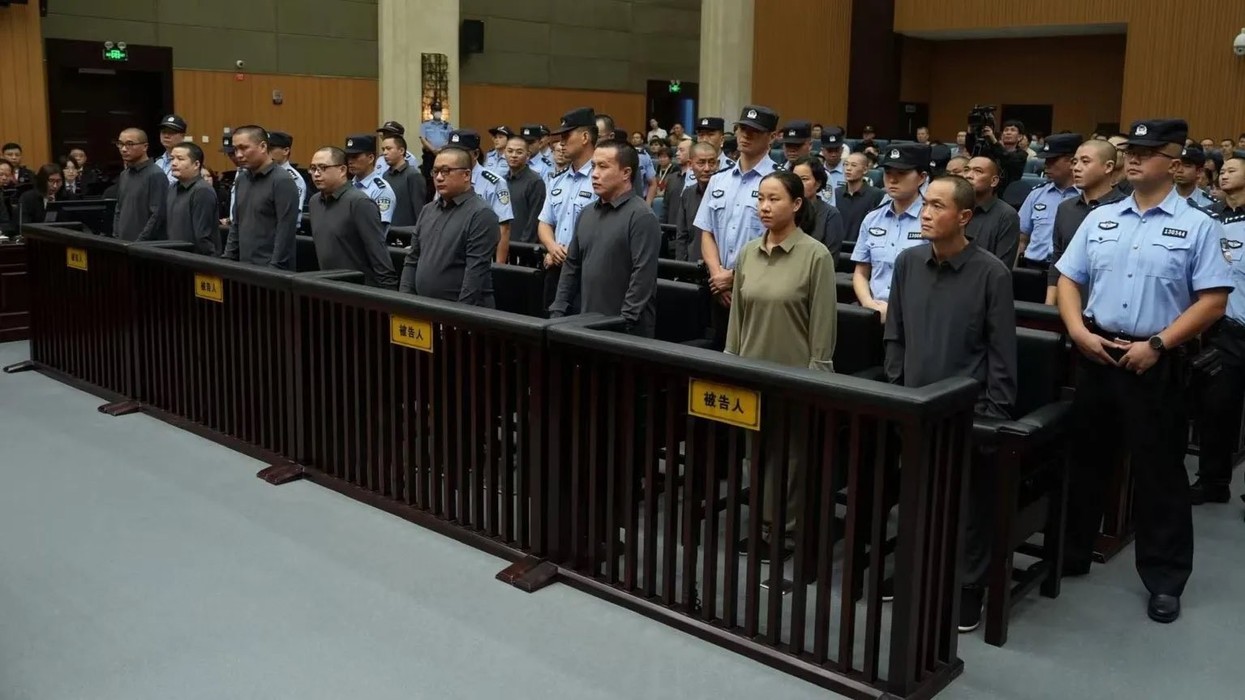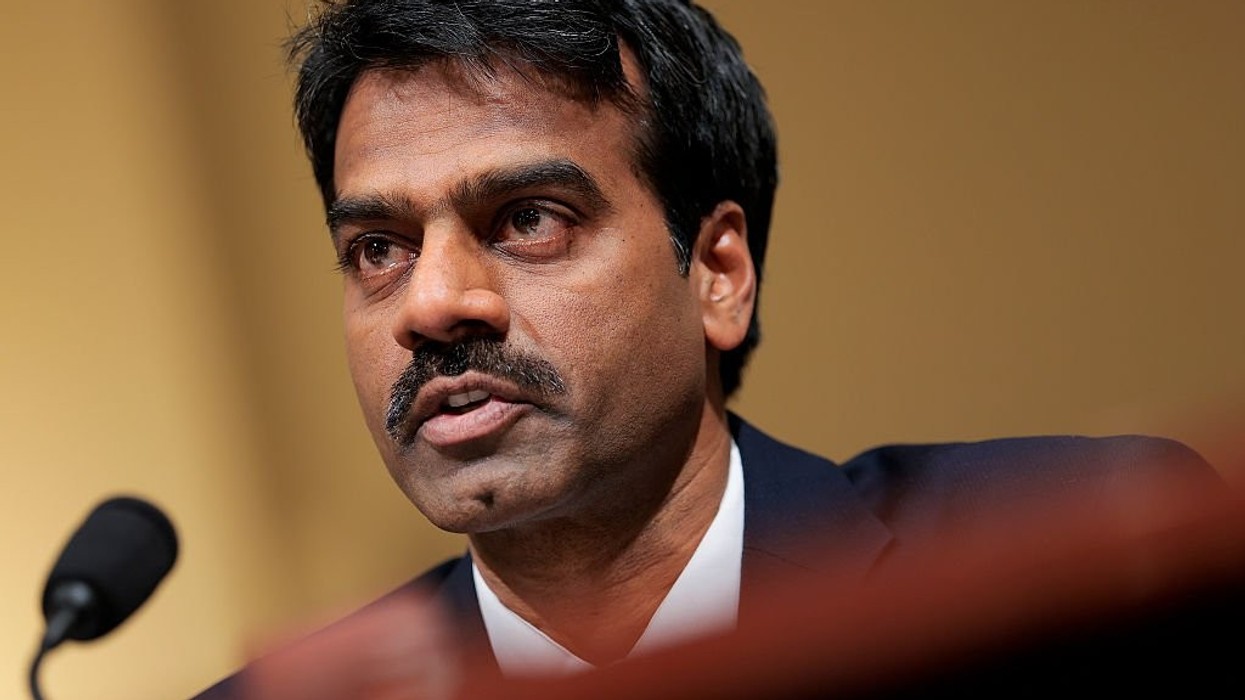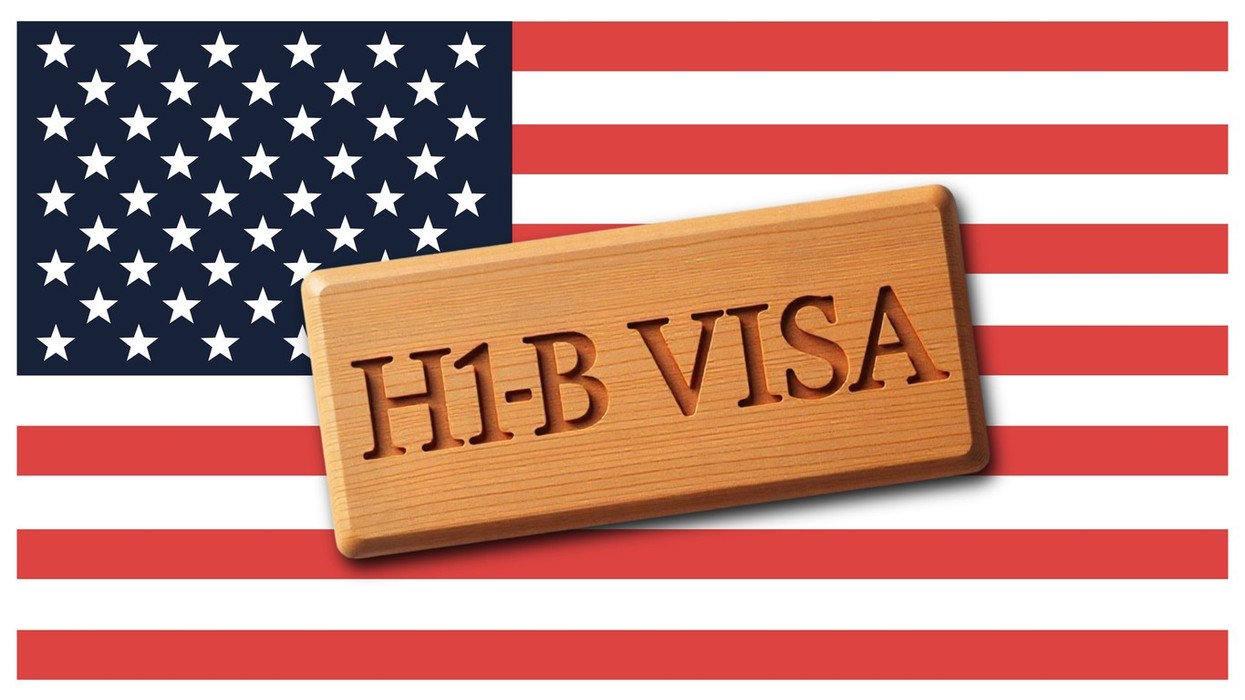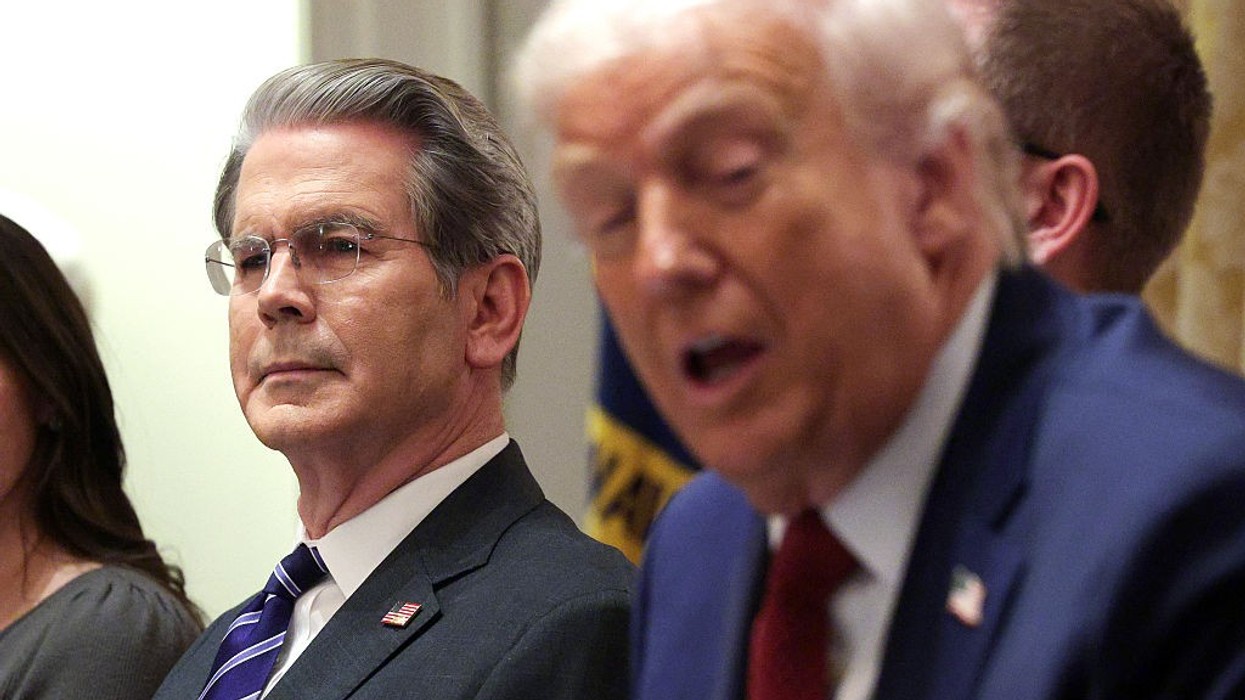Highlights:
- JD Vance clarified his wife Usha has “no plans to convert” to Christianity.
- His remarks came after public debate over his statements at a Mississippi event.
- The couple, married since 2014, navigate an interfaith relationship respectfully.
- Usha Vance, raised Hindu, said she has no intention of converting.
Their openness has sparked national conversations on interfaith marriage and faith. Vice president JD Vance on Friday (31) sought to clear the air that his earlier remarks about his wife Usha Vance's faith led to public debate. The clarification came days after Vance, at a public event, expressed his personal hope that his Hindu-raised wife might one day embrace Christianity. His words quickly ignited discussions about faith, conversion and interfaith relationships within the political sphere.
In a statement posted on X, Vance wrote, “She is not a Christian and has no plans to convert, but like many people in an interfaith marriage, or any interfaith relationship, I hope she may one day see things as I do.” He added, “Regardless, I’ll continue to love and support her and talk to her about faith and life and everything else, because she’s my wife.”
This message, shared just before the weekend, aimed to calm speculation and reaffirm his respect of his wife's beliefs and their mutual understanding despite religious differences.
What sparked the row: Vance's remarks in Mississippi
The controversy began when JD Vance attended a Turning Point US event at the University of Mississippi earlier in the week. During the audience Q&A session, a student asked the vice president if he hoped his wife would 'come to Christ' someday.
Vance responded with candor, saying, “Most Sundays, Usha will come with me to church. Do I hope, eventually, that she is somehow moved by the same thing that I was moved by in church? Yeah, I honestly do wish that because I believe in the Christian gospel.”
While Vance's answer reflected his personal faith, critics interpreted it as pressure on his wife to change her religion. Supporters, however, viewed it as a natural expression of his beliefs.
Vance later clarified that he had no intention of creating controversy. “I’m a public figure, and people are curious. I wasn’t going to avoid the question,” he said, emphasizing that faith differences have never been a source of conflict in his marriage.
Inside JD and Usha Vance's interfaith marriage
JD and Usha Vance's relationship has long intrigued the public for its interfaith dynamics. Usha, born to Indian immigrant parents, was raised in a Hindu household. The couple met at Yale Law School, where JD was not yet a Catholic.
In a previous interview on Meghan McCain’s podcast Citizen McCain, Usha had shared insights about how they balance their different faith traditions while raising their three children — Ewan, Vivek, and Mirabel. “We send our kids to Catholic school and give them the choice,” she explained. “They can decide whether they want to be baptised Catholic and go through that process.”
Usha also mentioned that JD’s conversion to Catholicism happened after they became parents. “When I met JD, he wasn’t Catholic. He converted later, after our first child was born,” she said, adding, “I’m not Catholic, and I’m not intending to convert or anything like that.”
A broader conversation on faith and identity
The Vance family’s openness about their interfaith dynamic has sparked broader conversations across the US about cultural coexistence and respect between religious communities. JD’s remarks, though controversial, shed light on the challenges faced by couples navigating religious differences, especially under public scrutiny.
As one of the highest-ranking US leaders in an interfaith marriage, Vance’s acknowledgement of his wife’s independent faith underscores a rare honesty in American politics, where personal beliefs often intersect with public perception.
Despite differing religious paths, both JD and Usha Vance continue to present a partnership rooted in understanding, love, and the freedom to believe differently.
